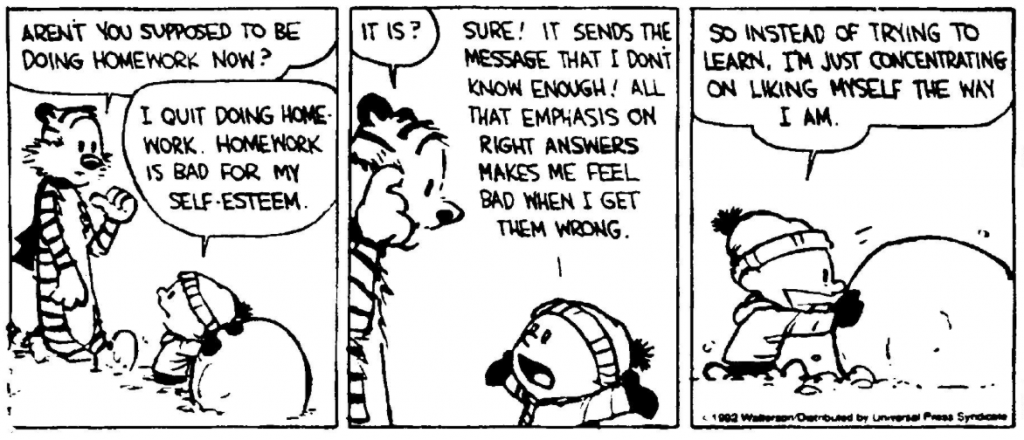 Today’s families, schools, and communities often feel pulled in many different directions for many different purposes. Societal norms, curricular expectations, self-imposed and peer pressures, even media portrayals of what is right and wrong leave many of us wondering, What matters most? If we look both inward and outward, backward and forward, we know that that the answer to this question can often be summarized in a single statement: What matters most is that I was important in the life of another… Continue reading
Today’s families, schools, and communities often feel pulled in many different directions for many different purposes. Societal norms, curricular expectations, self-imposed and peer pressures, even media portrayals of what is right and wrong leave many of us wondering, What matters most? If we look both inward and outward, backward and forward, we know that that the answer to this question can often be summarized in a single statement: What matters most is that I was important in the life of another… Continue reading
-
Recent Posts
- Birds, Bees, Butterflies, and Children!
- What’s in a Mindset?
- Courageous Conversations
- What Matters Most in Family-School Engagement?
- Too Much, Too Little, or Just the Right Amount of Struggle: What Do Butterflies Have to Do With Engagement?
- Family-School Engagement: How Do We Measure Up?
- Welcome to Kindergarten! Engagement from the Very Beginning
- Inspiring Collective Confidence: We Know We Can!
- Family-School Engagement with Simplicity in Mind
- Homework or Inspired Family-School Practice?
- Engaged or Not? That is Often the Question
- A Warm and Safe Welcome
- Feel the Difference, Share the Experience, Imagine the Future
- A New Year’s Resolutions: Tips for Attaining Family-School Engagement Goals
- Engaging Families, Engaging Schools: The Year in Review
Themes
- Communication
- Empowering Families
- Enhancing Public Confidence
- Exploring Assumptions
- Getting Started
- Home Practice
- Home Work
- Measuring Family Engagement
- Reporting to Families
- Secondary and Youth Engagement
- Strategies for Families
- Strategies for School Community Councils
- Strategies for Schools and Teachers
- Uncategorized
- Understanding Family Engagement
- Welcoming Families
Leave a Reply
- Samantha Briand on A Warm and Safe Welcome
- John Howard on Courageous Conversations
- Aman Haj-Touama on Feel the Difference, Share the Experience, Imagine the Future
- Susan E. Elliott-Johns on Too Much, Too Little, or Just the Right Amount of Struggle: What Do Butterflies Have to Do With Engagement?
- Joel Zaslofsky on Family-School Engagement with Simplicity in Mind
- John Howard on A Warm and Safe Welcome
- Michelann on Engaged or Not? That is Often the Question
- Natalie Wilson on Engaged or Not? That is Often the Question
- Michelann on Feel the Difference, Share the Experience, Imagine the Future
- Carol Corriveau-Truchon on Feel the Difference, Share the Experience, Imagine the Future




